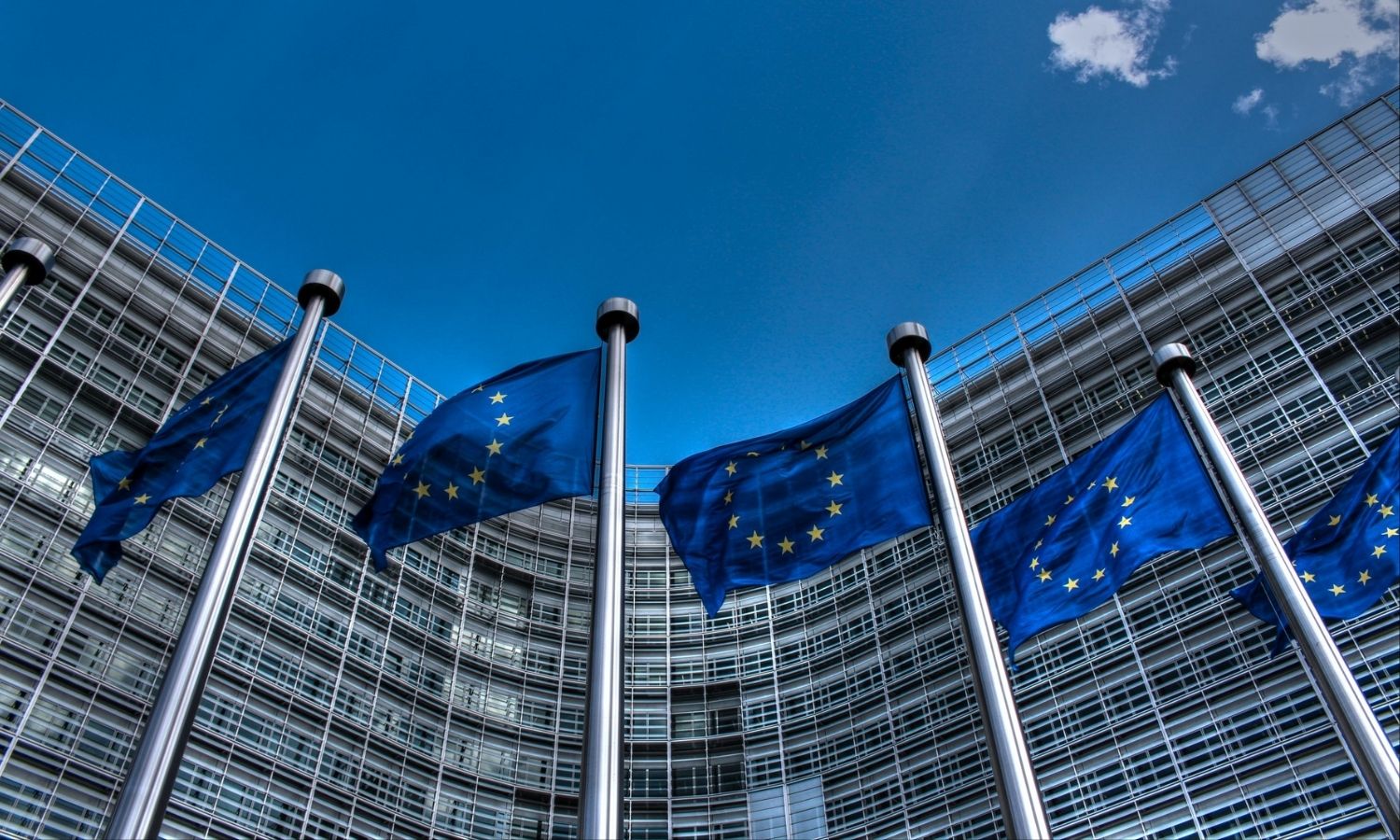The European Union (EU) has added four new ministers in the Syrian government to its list of sanctions imposed on the regime since 2011.
According to a statement posted on the EU website on Monday, the sanctions were extended to the Minister of Information in the government of the regime, Boutros al-Hallaq, the Minister of Internal Trade and Consumer Protection, Amr Salem, the Minister of Social Affairs and Labor, Mohamed Seifeddine, and the Minister of State, Diala Barakat.
The EU sanctions aim to pressure the Syrian regime to stop repression and negotiate a lasting political settlement of the Syrian crisis, in line with UN Security Council Resolution 2254, the statement explained.
With the addition of the four new ministers, the number of people sanctioned by the EU since 2011 is 287. They are subject to travel bans and asset freezes, in addition to 70 entities subject to asset freezes, according to the statement.
Read Also: Trial Over Alleged Jet Fuel Exports to Syrian Regime Begins in Denmark
The four ministers on the sanctions list were appointed four months ago under Decree No. 208 issued by the head of the Syrian regime, Bashar al-Assad, in early August.
Last May, the EU announced the extension of its sanctions against the Syrian regime since 2011 for an additional year.
The EU began imposing sanctions on economic and political figures, including Syrian regime president Bashar al-Assad and his family after the Syrian revolution in 2011. This comes alongside companies dealing with the regime, and some prominent businessmen who benefit from their relations with the Syrian regime and the war economy.
Restrictive measures include a ban on oil imports, restrictions on certain investments, freezing of the assets of the Central Bank of Syria held in the European Union, export restrictions on equipment and technology that can be used for internal repression, and equipment and technology to monitor or intercept Internet or telephone communications.
This article was translated and edited by The Syrian Observer. The Syrian Observer has not verified the content of this story. Responsibility for the information and views set out in this article lies entirely with the author.


